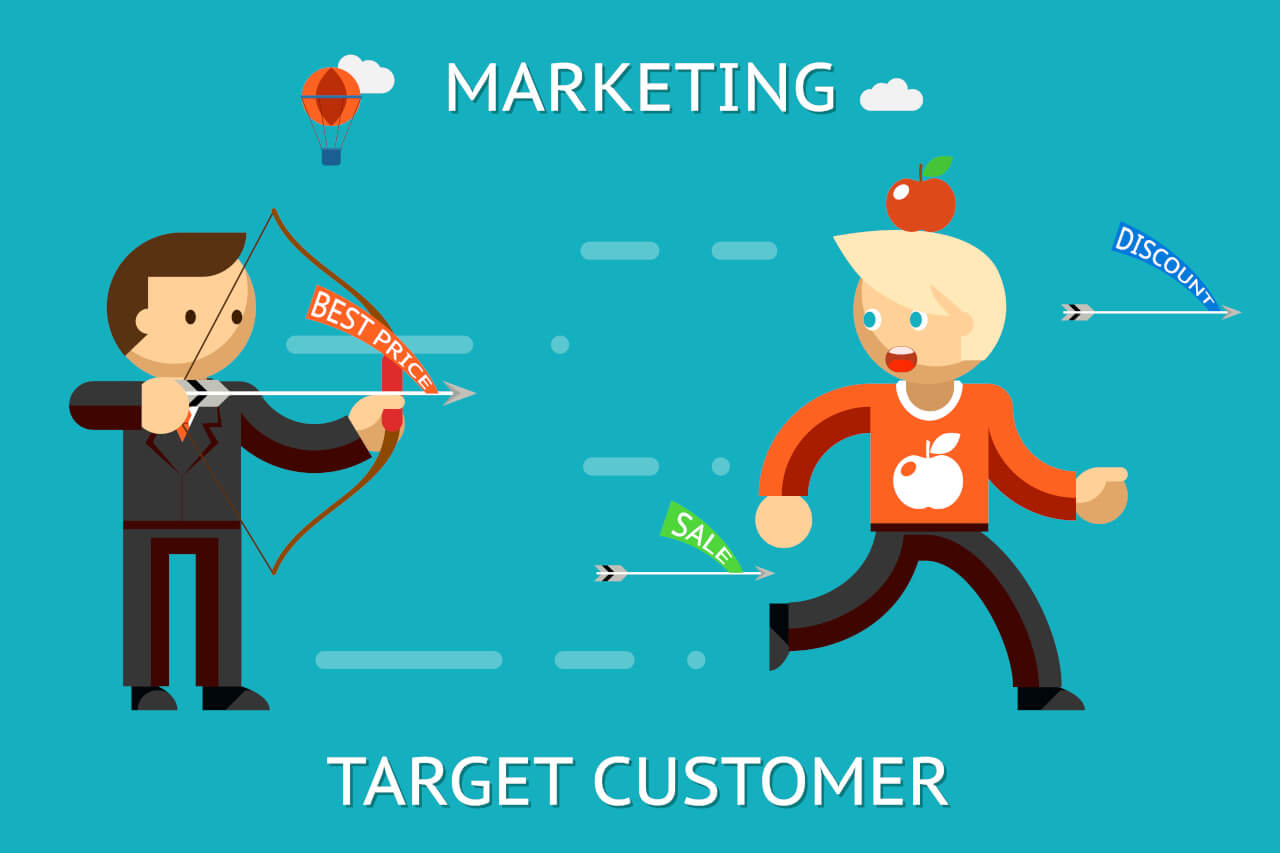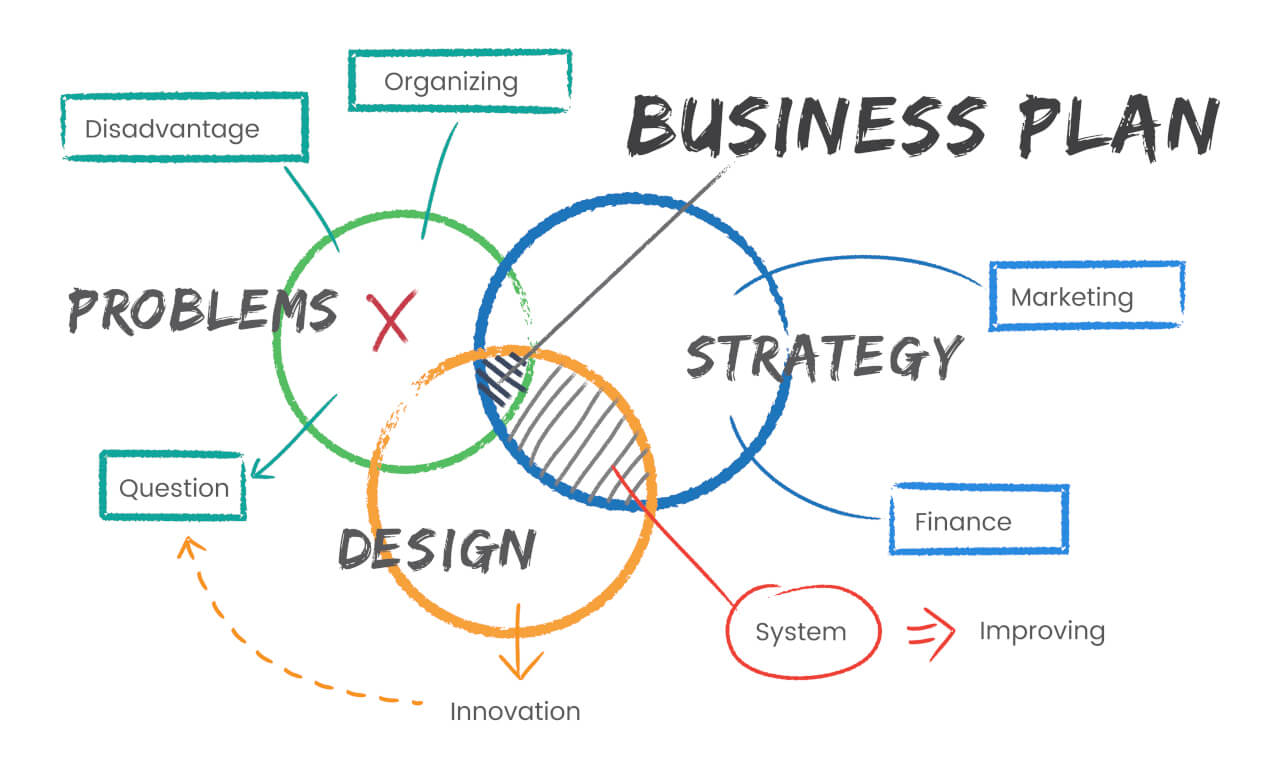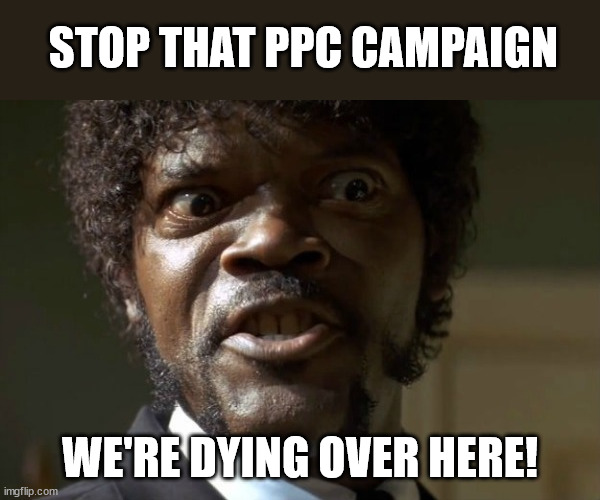Introduction

A small business owner hires a marketing agency, expecting a surge of clients to appear magically. When this doesn’t happen, the agency is blamed and fired. The cycle repeats with the next agency, and the belief that marketing is some sort of sorcery persists.
The problem? Many small companies and sales-oriented individuals hold a fundamental misconception about marketing—they think it’s magic. They expect clients to materialize out of thin air, and if that doesn’t happen, it’s the marketer’s fault. The truth, however, is far from this fantasy. Marketing is a method, a meticulously planned mechanism that needs the right fuel—market interest—to function effectively.
I. Understanding the Misconception
Marketing as magic is a common belief. Business owners often assume that a marketing campaign will instantaneously generate clients and sales. This unrealistic expectation stems from a lack of understanding about what marketing truly entails.
Phillip Kotler, often referred to as the “Father of Modern Marketing,” emphasizes, “Marketing takes a day to learn. Unfortunately, it takes a lifetime to master.” This highlights the complexity and dedication required to truly understand and execute marketing effectively.

When businesses operate under the false belief that marketing is a magical solution, they set themselves up for disappointment and failure. Marketers get blamed and fired, and businesses continue to cycle through agencies without addressing the root problem: their expectations and understanding of what marketing can and should do.
II. Marketing as a Mechanism
Marketing is not an enchanted spell. It’s a structured, strategic process. It needs market interest—the fuel—to ignite and capture that interest before competitors do.
Mark Schaefer, a renowned marketing strategist, points out, “The most human company wins.” This underscores that marketing needs to tap into human interest and behavior, which is far from magical—it’s strategic and deliberate.
To outpace competitors, marketing must identify, attract, and convert potential clients. This process is systematic and requires an understanding of the market, the competition, and the unique value proposition of the business.

III. The Sales Mindset vs. Marketing Reality
A common issue arises when a sales-oriented mindset is applied to marketing problems. Sales professionals expect immediate results, often overlooking the strategic and long-term nature of marketing.
Seth Godin, a marketing thought leader, states, “Marketing is no longer about the stuff that you make, but about the stories you tell.” Marketing is about creating a narrative and building a relationship with potential clients, which takes time and careful planning.
When businesses have unrealistic expectations and a sales mindset, they often cycle through marketers, expecting each new hire to deliver the magic they believe in. This leads to wasted resources and unmet goals.

Consider the scenario where a business owner thinks, “This agency sucks; they’re not filling up my pipeline, and I’ve already spent $5000 on them. I’ll give them a 30-day ultimatum: bring me leads, or you’re out!” This approach mirrors a patient demanding a full-body reconstruction after a life-threatening car wreck, telling the doctor, “Fix me in 30 days, or I’m going to another clinic.” If you find yourself at a clinic, it means you need help—lots of it. If it takes time, it means you need far more help than you thought. Giving ultimatums and acting on them has only one victim: You.
When the business fires an agency, it’s actually the client that takes the biggest loss. Why? Because the time and energy the agency spent to learn the details of that business offer and their position is now lost. The business will have to spend the same money, or maybe even more, to get the new agency to come to that same level of understanding. On the other hand, the fired agency now has that understanding and can apply it to another project. Thus, the biggest loss isn’t on the agency for losing a client; it’s on the business owner who lost an onboarded marketing team.
IV. The Importance of a Methodological Approach
Effective marketing requires a methodical approach. Here are the key components:
- Branding: Establish a strong, recognizable brand identity
- Avatar Creation: Define the ideal customer profile.
- Value Proposition: Clearly communicate the unique benefits of the product or service.
- Targeted Sales Messaging: Craft messages that resonate with the target audience.
- Visual Brand Identity: Create visual elements that convey trust and appeal.
- Compelling Copywriting: Write content that captivates and convinces.
- High-Performance Website: Ensure the website is optimized and user-friendly.
- Effective Paid Ads: Utilize advertising to capture and retain attention.
These elements must work in harmony. As Godin puts it, “People do not buy goods and services. They buy relations, stories, and magic.” But this “magic” is not literal—it’s the result of strategic, well-executed marketing efforts.

The methodological approach is crucial because it ensures all aspects of marketing align and work towards the same goal. When a business fires an agency, they lose this alignment and the deep understanding the agency had built. This loss is not easily replaced and often results in repeated cycles of onboarding new agencies, each starting from scratch.
V. Realigning Expectations
Businesses need to understand realistic marketing goals. Marketers have a responsibility to set and manage these expectations effectively.
As Schaefer notes, “Content is the emotional and informational bridge between commerce and consumer.” This bridge takes time to build and requires a consistent, methodological approach.
By understanding that marketing is a process rather than a quick fix, businesses can achieve long-term success. Realigning expectations from magic to method can prevent wasted resources and improve overall marketing effectiveness.

When the business fires an agency, it’s actually the client that takes the biggest loss. This point cannot be overstated. The time and energy invested by the agency in understanding the business’s market position and goals are invaluable. The new agency will require similar investments, often leading to delays and additional costs. In contrast, the fired agency, armed with this deep understanding, can move on to other projects with valuable insights that the business has now forfeited.
Conclusion
Marketing is not magic. It’s a meticulous, methodical process designed to tap into existing market interest and attract potential clients into your sales pipeline. Misunderstanding this leads to unrealistic expectations, wasted resources, and continuous cycles of hiring and firing marketers.
To succeed, businesses must embrace the reality that marketing is about strategic execution, not instant results. By focusing on a methodological approach, companies can build a strong brand, engage with their audience, and achieve sustained growth.
As we shift our perspective from marketing as magic to marketing as method, we position ourselves for true, long-lasting success. It’s time to embrace the process and set realistic expectations, ensuring that our marketing efforts are as effective as possible. Remember, when you fire an agency, it’s your business that suffers the greatest loss, not the agency. Don’t fall into the trap of believing in marketing magic—understand the method and reap the benefits of a strategic, well-executed marketing plan.






